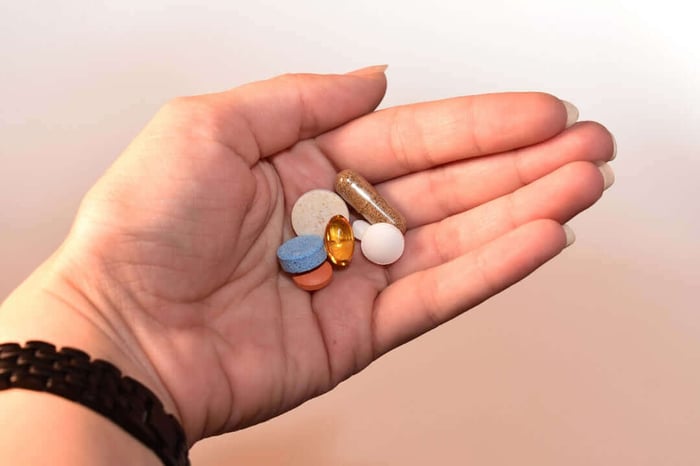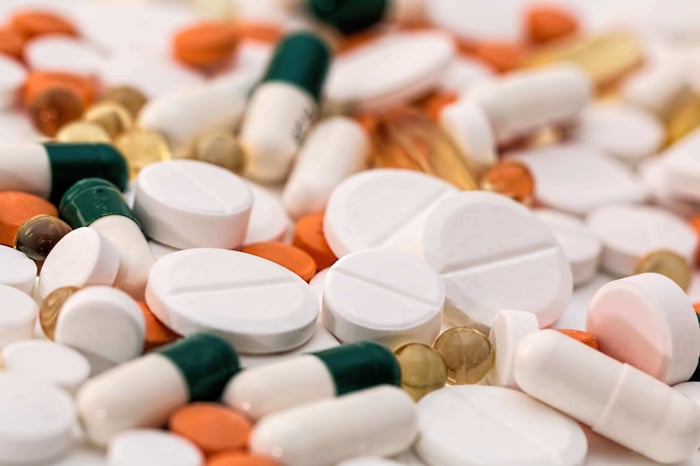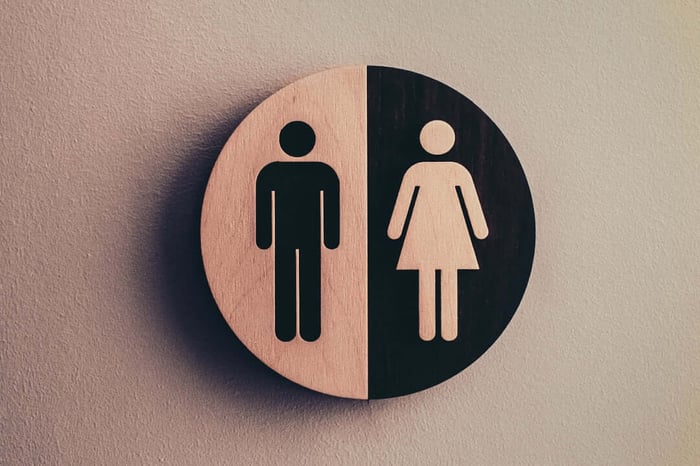Flatulence is a bodily phenomenon that often evokes feelings of discomfort and unease. Although it may be an unpleasant topic to broach or encounter, it is essential to address the issue. Occasionally, one may find themselves overwhelmed with excessive gas, resulting in an overwhelming sensation of fullness.
Numerous factors can contribute to the occurrence of gas. However, it is encouraging to note that, in certain instances, preventive measures can be adopted to minimize its effects.
In order to prevent gas pain, it is advisable to adopt certain practices. Allow us to guide you through a comprehensive exploration of methods by which you can effectively achieve gas pain relief.
1. Don't Eat Too Quickly

Ensuring proper digestion and minimizing the occurrence of gas can be facilitated by adopting the practice of slow and thorough chewing during meals. Although it may result in occasional burping, it is crucial to understand that a small amount of air tends to make its way into the large intestine during the process of eating. This air can contribute to the formation of gas as the large intestine breaks down food particles.
Therefore, it is imperative to prioritize a slow eating pace and dedicate ample time to thoroughly chewing each bite of food. This aids digestion by allowing the body to more effectively break down and process the consumed food, reducing the likelihood of experiencing uncomfortable gas-related symptoms.
2. Avoid Gas-Causing Foods & Beverages

Certain foods and beverages have been found to be common culprits in causing gas and digestive discomfort. It is important to be aware of these items in order to make informed dietary choices. Here are some top offenders:
- Carbonated beverages: Drinks like soda and sparkling water can introduce excess air into the digestive system, leading to gas.
- Legume Lectin Rich Foods: Legumes, such as beans, lentils, and peas, are common staples in many diets due to their rich nutrient profile. However, it's important to be aware that legumes contain compounds known as lectins. Lectins are proteins that act as part of the plant's natural defense mechanism against pests. In human consumption, lectins have received attention for their potential to interfere with nutrient absorption and digestion, sometimes leading to digestive discomfort. The good news is that you can mitigate the impact of lectins by employing proper preparation methods. Soaking, cooking, and even fermenting legumes can significantly reduce their lectin content, making them safer and more enjoyable to eat.
- Dairy products: Lactose, found in milk, cheese, and other dairy products, can cause gas in individuals who are lactose intolerant.
- Fatty foods: High-fat meals can slow down digestion, leading to an increased likelihood of gas formation.
It is important to note that individual tolerances to these foods may vary. If you experience discomfort after consuming any of these items, it may be beneficial to moderate your intake or seek guidance from a healthcare professional.
3. Don't Talk While Eating
Extensive research indicates that talking while eating can contribute to bloating and excessive air intake, leading to discomfort and digestive issues. When engaging in conversation during meals, individuals tend to swallow more air as they talk, increasing the amount of gas in their digestive system. This excess air can accumulate and cause bloating. Additionally, studies have shown that prolonged talking during meals may result in faster and less efficient chewing, which can hinder proper digestion. To promote optimal digestive health and reduce the risk of bloating, it is advisable to minimize talking while eating and focus on mindful chewing, allowing the body to effectively break down food and minimize excess air intake.
4. Watch Out For Sugar Substitutes & Sugar
Consumption of sugar substitutes has been associated with bloating and digestive discomfort. One significant factor contributing to these issues is the presence of sugar substitutes, such as sucralose, saccharin, and aspartame. commonly found in sugar-free products. These sugar substitutes are known to have limited absorption in the body, leading to fermentation in the colon, which can result in the production of gas and subsequent bloating.
Furthermore, research indicates that certain sugar substitutes can disrupt the balance of gut bacteria, potentially leading to digestive disturbances. The resulting dysbiosis in the gut microbiome may further contribute to bloating and discomfort.
Therefore, it is crucial to be aware of the potential effects of sugar substitutes on digestive health. If you experience persistent bloating or digestive issues, it may be beneficial to reduce or avoid their consumption. Consulting with a healthcare professional can provide further guidance and personalized recommendations for optimal digestive well-being.
5. Empty Your Bowels More Frequently
Maintaining regular and healthy bowel movements is essential for digestive well-being. Here are some tips to help facilitate the process of emptying the bowels effectively:
- Stay hydrated: Drink an adequate amount of water throughout the day to keep the stool soft and promote regular bowel movements.
- Increase fiber intake: Consume fiber-rich foods, such as fruits, vegetables, whole grains, and legumes, to add bulk to the stool and facilitate bowel movements.
- Engage in physical activity: Regular exercise can help stimulate the muscles in the intestines, promoting bowel regularity.
- Establish a routine: Try to maintain consistent timing for bowel movements, as it can help train the body's natural rhythm.
- Practice proper posture: When sitting on the toilet, ensure your feet are adequately supported, either by using a footstool or lifting them slightly, to aid in the elimination process.
- Manage stress: High levels of stress can affect bowel movements. Engage in stress-reducing activities, such as meditation, deep breathing exercises, or yoga, to promote a healthy digestive system.
Remember that individual responses may vary, and it's important to listen to your body and consult with a healthcare professional if you experience persistent or concerning changes in bowel movements.
6. Try A Natural Solution For Gas- Relief
While there are various over-the-counter remedies available, many people seek natural solutions for gas relief. Fortunately, nature provides us with several options that can help alleviate gas and promote a healthy digestive system. Here are a few natural remedies to consider:
- Peppermint: Peppermint has been used for centuries to soothe digestive discomfort, including gas. It contains compounds that relax the muscles of the gastrointestinal tract, allowing trapped gas to be expelled more easily.
- Ginger: Ginger is another well-known natural remedy for gas. It has anti-inflammatory properties that can help reduce inflammation in the digestive system and alleviate bloating. Ginger can be consumed as a tea or added to meals for its digestive benefits.
- Fennel: Fennel seeds have been used for centuries as a natural remedy for gas and indigestion. They contain essential oils that help relax the intestinal muscles, aiding in the passage of gas and relieving bloating.
- Chamomile: Chamomile tea is not only calming but also beneficial for digestion. It has carminative properties, meaning it can help reduce gas and ease digestive discomfort. Enjoying a cup of chamomile tea after meals may provide relief.
- Activated charcoal: Activated charcoal is known for its ability to absorb and trap gas in the digestive system, reducing bloating. It is available in supplement form and should be taken as directed.





